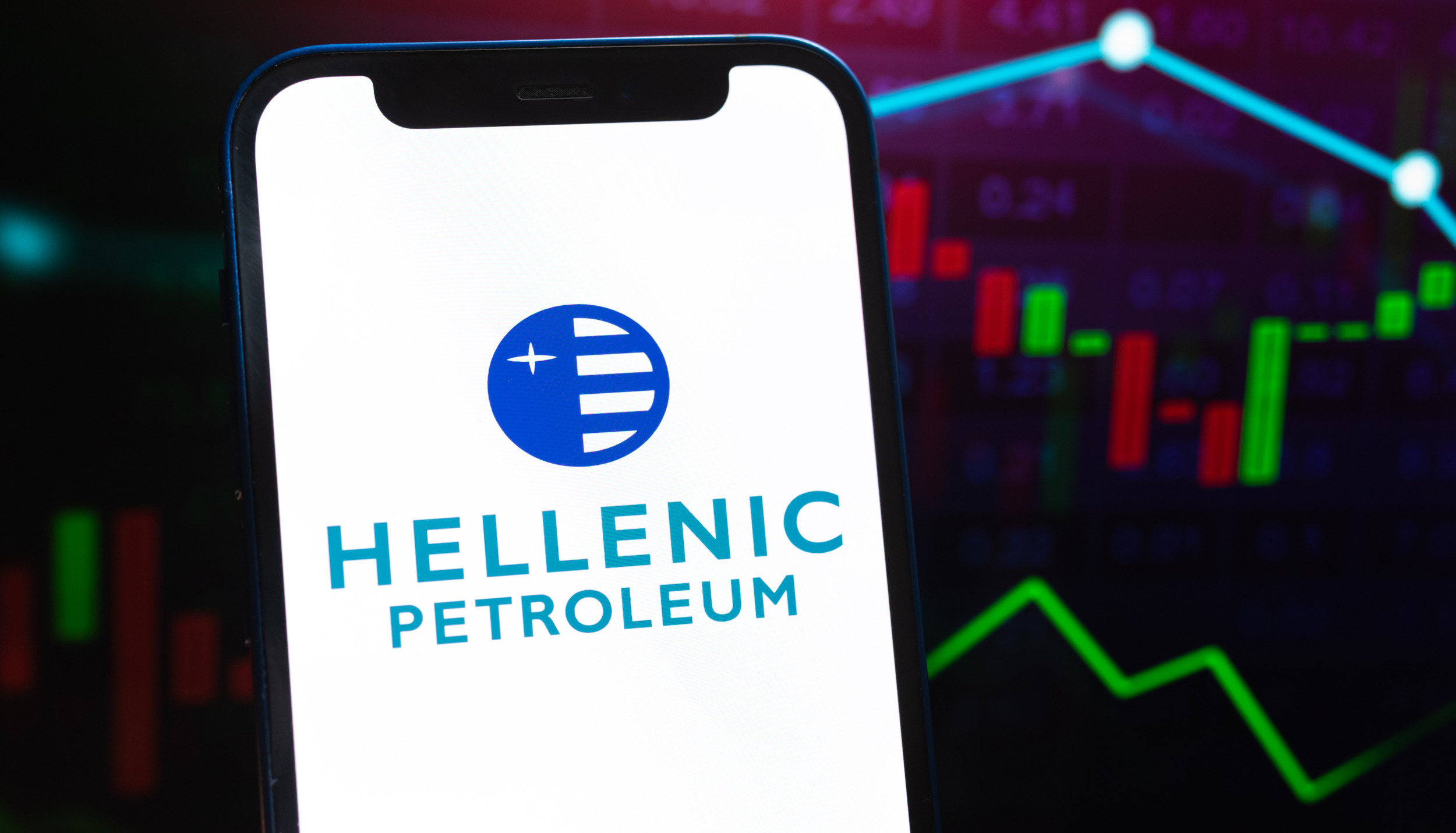Project Overview
Hellenic Petroleum (HEP), a major player in the energy sector, faced mounting pressure to align its operations with the European Union’s Emissions Trading System (ETS). With greenhouse gas (GHG) regulations becoming more stringent, the company needed a comprehensive strategy to navigate the complexities of emissions trading, optimize compliance, and unlock potential opportunities in carbon markets.
Consultant's Role and Approach
The project’s goal was to craft a strategic roadmap addressing HEP’s current and future obligations under ETS legislation while considering the company’s operational, financial, and environmental objectives.
The project was structured into three distinct phases, each addressing critical elements of the GHG emissions strategy:
Phase I: Assessment
The first phase focused on establishing a solid foundation for strategy development through defining the overarching goal and constraints of HEP’s GHG strategy, reviewing current and historical emissions, operational forecasts, allowance allocations, and planned investments or divestments and identifying potential changes in operating philosophies that could impact emissions performance.
Empowering Hellenic Petroleum to navigate emissions trading with a tailored strategy that balances regulatory compliance, operational efficiency, and sustainability goals.
Phase II: Analysis
In the second phase, PLANET conducted a detailed analysis to identify actionable insights and opportunities:
- Establishing benchmark indices for refineries and power plants to measure performance against industry standards.
- Developing alternative scenarios to manage ETS obligations effectively.
- Assessing the potential of Clean Development Mechanism (CDM) and Joint Implementation (JI) projects, especially in countries where HEP operates.
- Conducting a thorough carbon market analysis, including price scenario development, to anticipate future trends and risks.
Phase III: Synthesis
The final phase brought together insights from the previous phases to develop actionable strategies:
- Crafting short-term strategy options and policies for the ongoing trading period.
- Designing a long-term strategy for the 2008–2012 allocation period, including National Allocation Plan (NAP) negotiations.
- Identifying critical information to support effective lobbying efforts.
- Preparing a comprehensive action plan outlining the steps HEP should take to implement its GHG emissions strategy successfully.
Outcomes and Impact
This multi-phase approach provided Hellenic Petroleum with a well-defined strategy to address its GHG emissions trading obligations. By aligning regulatory compliance with operational and market realities, the project positioned HEP to optimize its allowance allocations and operational efficiency, leverage carbon market opportunities to reduce compliance costs and finally to strengthen its long-term sustainability and competitiveness in the energy sector.
